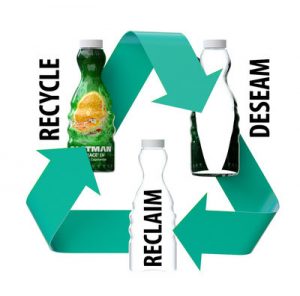
Two chemical companies have unveiled a full-wrap shrink sleeve label that comes off during a whole bottle wash. The development is part of a wider industry trend around recycling-friendly PET label strategies.

Two chemical companies have unveiled a full-wrap shrink sleeve label that comes off during a whole bottle wash. The development is part of a wider industry trend around recycling-friendly PET label strategies.
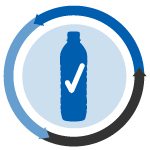 German and Paraguayan companies got the go-ahead to recycle PET into food packaging, and KW Plastics received a similar thumbs up for HDPE.
German and Paraguayan companies got the go-ahead to recycle PET into food packaging, and KW Plastics received a similar thumbs up for HDPE.
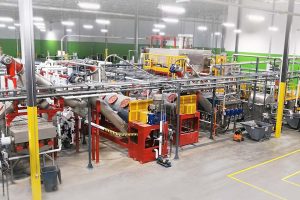
Both dry and wet de-labeling systems are helping CarbonLite’s new PET recycling facility overcome challenges from problematic bottle labels.
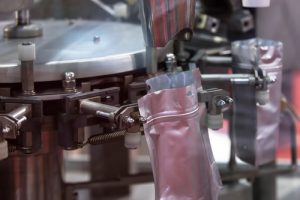
Credit: MOLPIX/Shutterstock
The Ellen MacArthur Foundation recently honored a team at the University of Pittsburgh and an R&D company called Aronax Technologies Spain for their work improving the mechanical recyclability of flexible packaging for food.
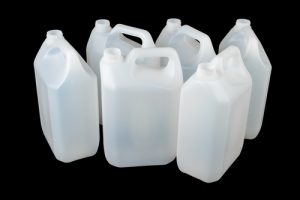
Credit: Imfoto/Shutterstock
According to one product manufacturer’s analysis, HDPE can be shredded, melted and molded into products 10 times before its quality is compromised.
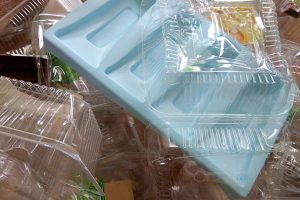 An integrated processing, consulting and testing company has launched a service to help brand owners develop recycling-friendly plastic packaging.
An integrated processing, consulting and testing company has launched a service to help brand owners develop recycling-friendly plastic packaging.
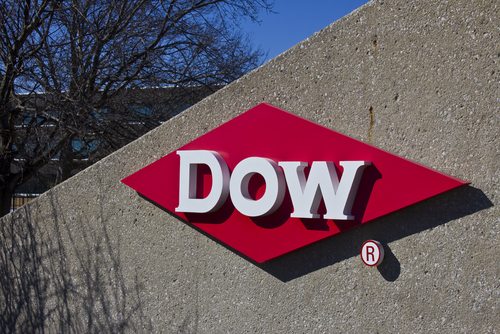 In Indonesia, the road to plastic marine debris prevention may be paved with, well, plastic.
In Indonesia, the road to plastic marine debris prevention may be paved with, well, plastic.
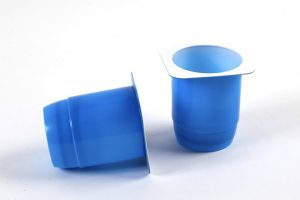 Unless you’re buying seafood (and maybe not even then) fishy smelling food and drink packaging isn’t going to fly. A project in Europe is working to deodorize EPS from fish boxes so they can be recycled into new food-contact products.
Unless you’re buying seafood (and maybe not even then) fishy smelling food and drink packaging isn’t going to fly. A project in Europe is working to deodorize EPS from fish boxes so they can be recycled into new food-contact products.

Example of a nylon component in an automotive application.
A chemicals company that makes a nylon-boosting additive says it’s now developing a product to improve properties of recycled PET.
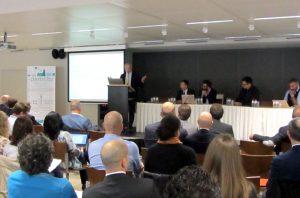
The first workshop for the DEMETO project, held Sept. 28 in Brussels.
The European Union will invest millions of euros into advancing a microwave depolymerization technology for PET container scrap and polyester in discarded textiles.

